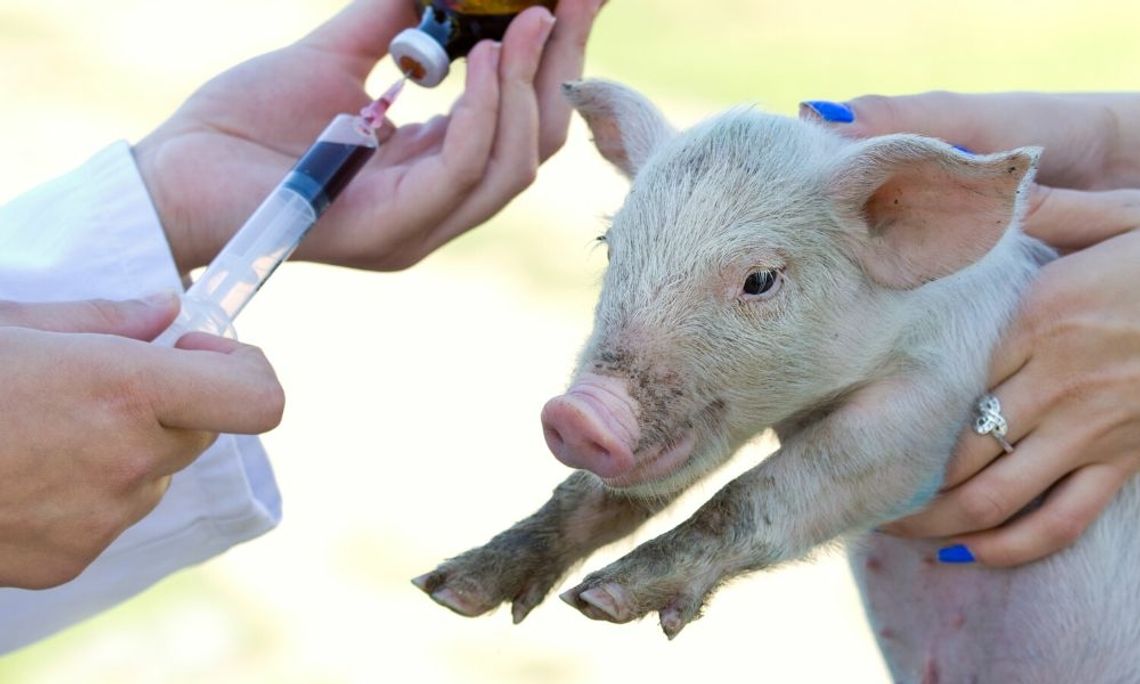Farm animals rely on their owners for food, safety, and health. To care for your farm animals and prevent health problems that could cost you lots of time and money, you should learn how to tell if your animals are sick. These five signs of sick farm animals will give you clear details of what to look for if you sense health problems in your livestock.
Dark, Smelly Urine
Dark and smelly urine in livestock is a sign of dehydration or a potential bladder infection. If the latter, the infection could quickly spread to other parts of their body through their blood, so you should remedy the problem promptly. To fix this problem, you must have a vet check on the sick animal and provide it with electrolytes.
Sunken Eyes
Sunken eyes are a sign of dehydration or heat stress caused by poor nutrition and exposure to the sun for extended periods. To avoid or remedy this, keep your animals hydrated and always provide them with a shaded spot where they can rest and hide from the sun.
Loss of Weight
One of the quickest ways to detect if an animal is sick is sudden and consistent weight loss. This issue could have many causes, among them a stomach problem, mouth problem, or change in their meal plan. Be sure to regularly weigh your livestock, so you can notice sudden changes in weight and seek a solution immediately. This is one of several great reasons to own a livestock scale, as you can conveniently and accurately monitor this aspect of your animals’ health.
Isolation
Livestock usually travel and live in groups because they tend to rely on each other for company and development. When a group member chooses to isolate, something is likely wrong. Although there are many potential causes, hunger, pregnancy, and a fever are a few. If you notice an animal isolating itself, act immediately to prevent complications and the spread of sickness.
Nasal Discharge
A moist nose is a sign of health in an animal, but constant and excessive nasal discharge is a sign of a sick farm animal. Nasal discharge could occur due to an inflammation of the sinuses, a guttural infection, or respiratory bacteria. If you notice this symptom, have a vet check out your animal.


Comment
Comments